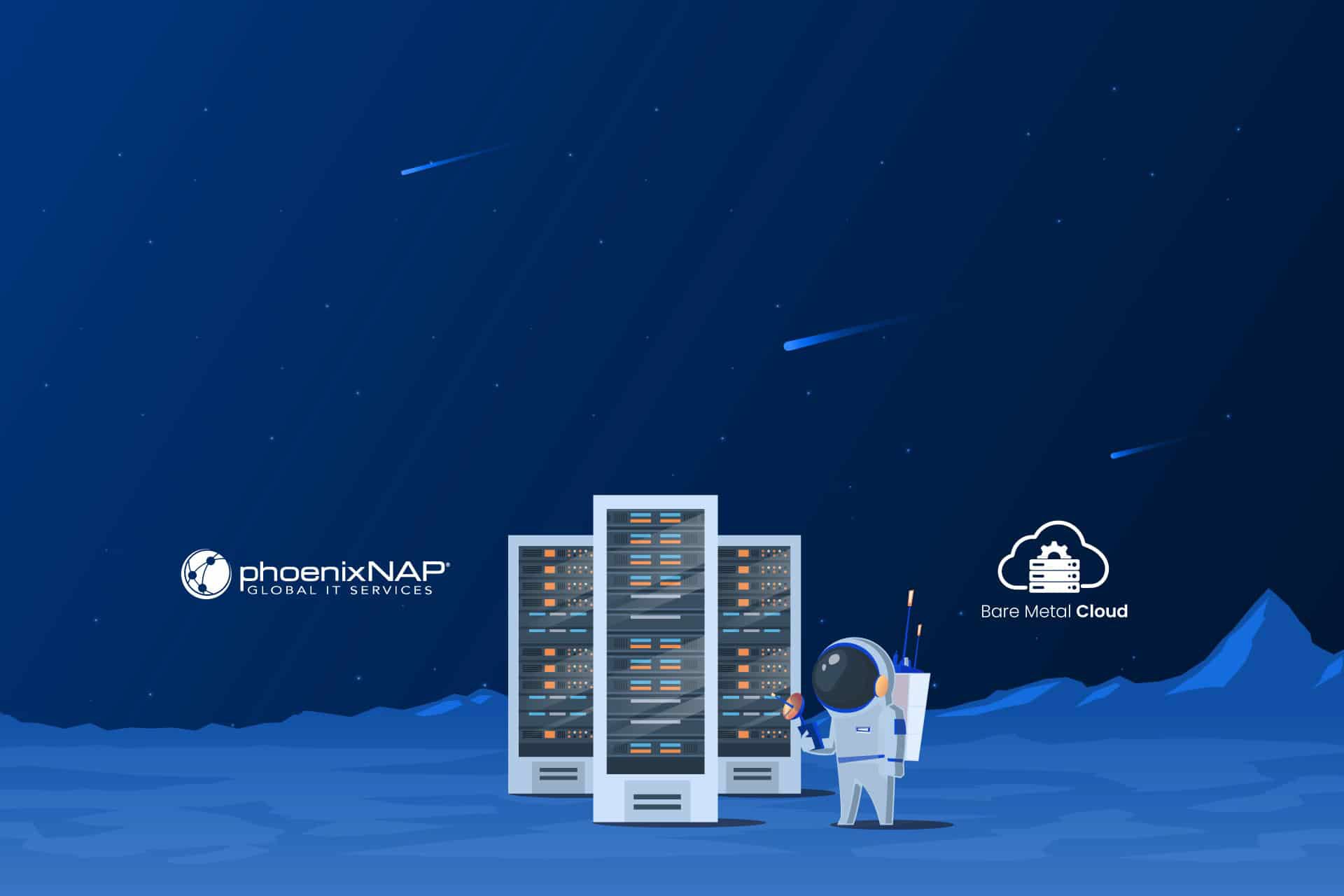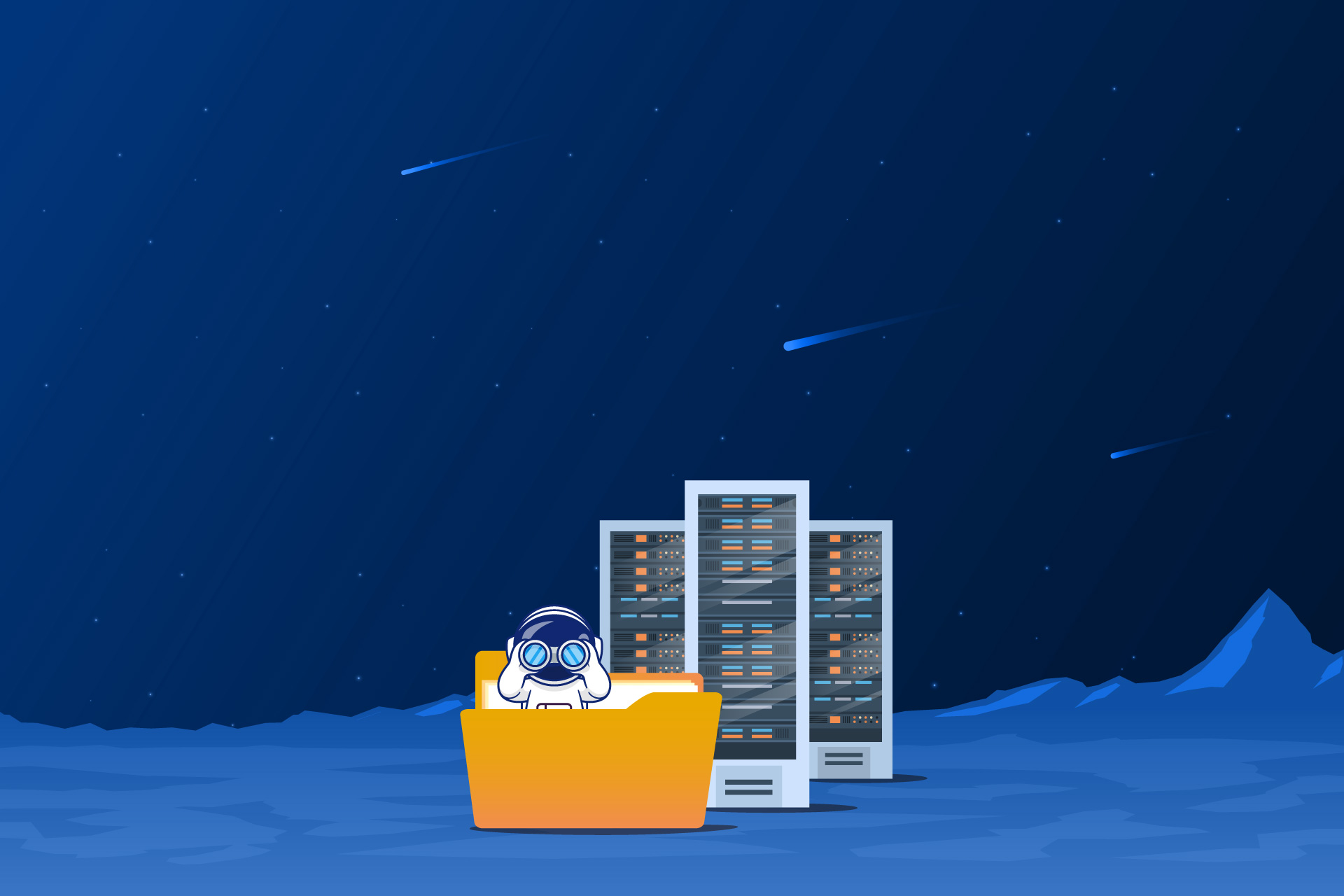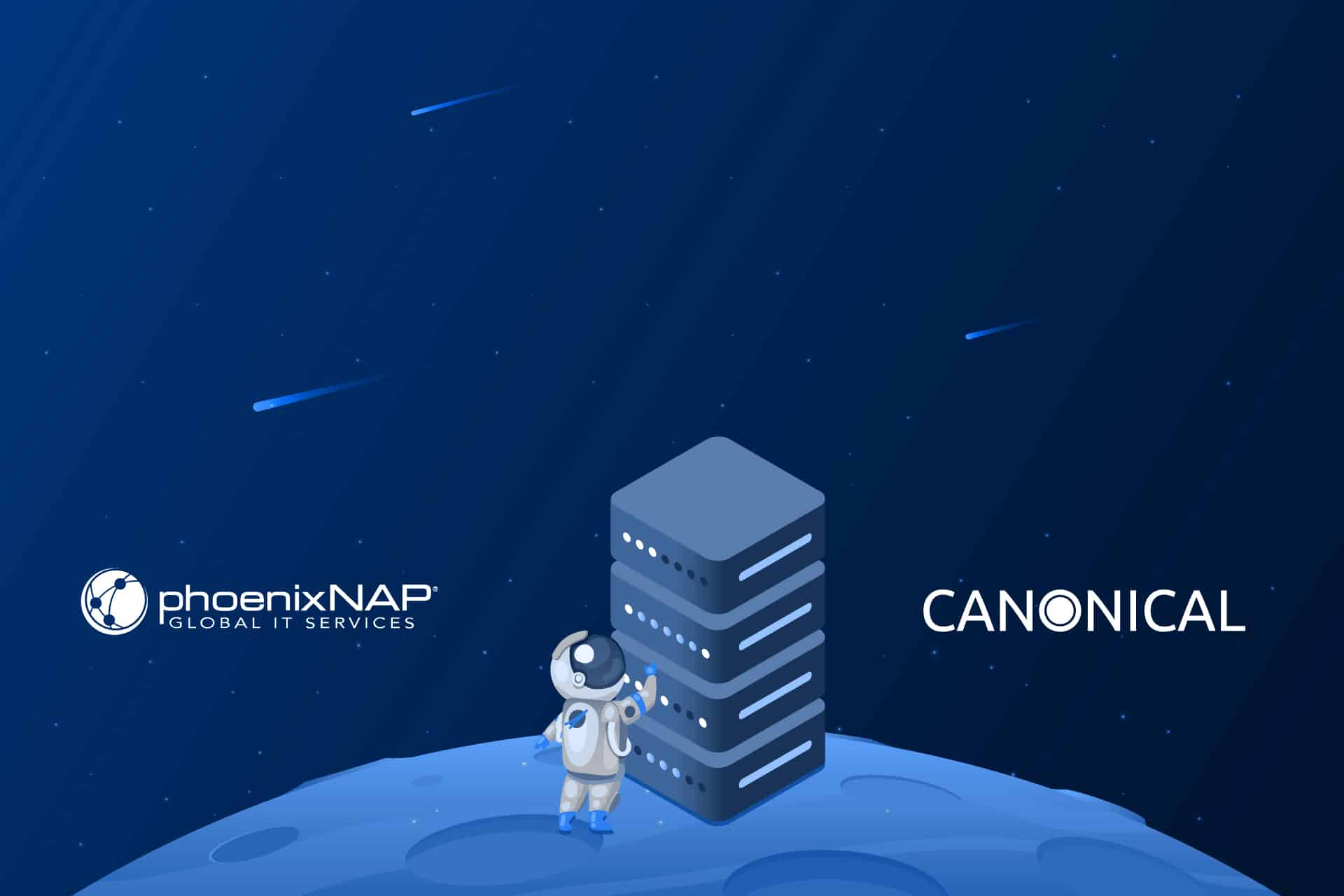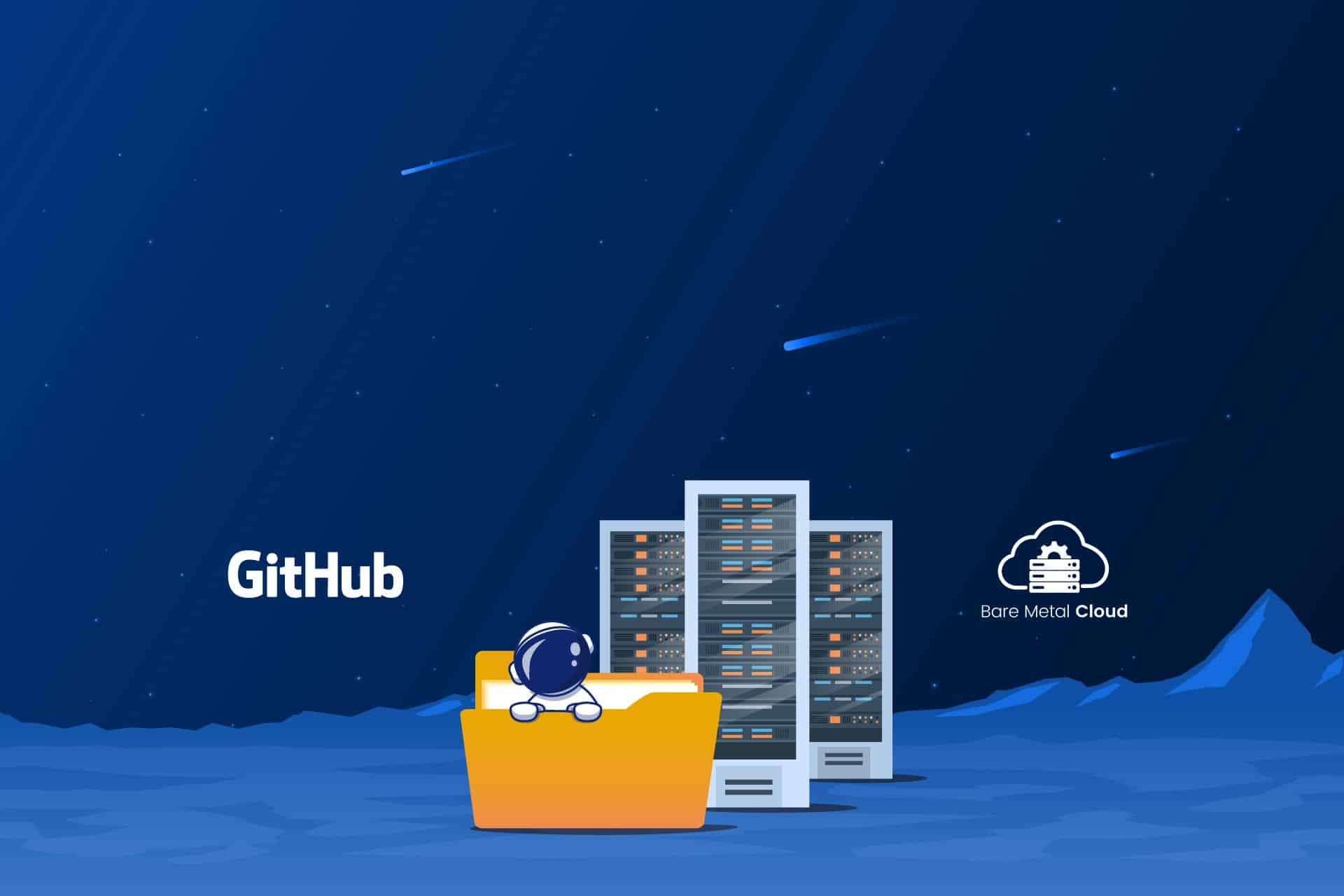Authored by Ron Cadwell, founder and CEO of phoenixNAP. Prepared for publishing by the Editorial team.
In the era of innovation-driven business, we have become accustomed to the idea that a startup can beat the odds and rise to incredible highs almost overnight. There are many reasons why some thrive and others don’t, but I believe success has a lot to do with an often-overlooked aspect – the business environment.
Startups require the support of partners who understand their precarious position and unique need for agility, scalability, and close cooperation.
Here at phoenixNAP, we are proud to work with startups because their success is a part of our story as well. I will explain how and why we’ve invested in that partnership.
A startup is a company working to solve a problem where the solution is not obvious, and success is not guaranteed.
Neil Blumenthal, cofounder and co-CEO of Warby Parker

How phoenixNAP Supports Startups
Our community-building strategy centers on providing customers the resources and knowledge to execute a comprehensive operations strategy. These are our key focus points:
1. Dedicated Slack Channel
We host a public Slack channel where anyone can chat with our developers, ask questions, and stay updated on our new features and company news.
This open line of communication enables us to provide a better service for all our customers, but especially tech-savvy and forward-looking startups, who often have unique challenges and requirements.
One of the greatest benefits of this open dialogue is that startups (usually stretched thin regarding manpower) don’t have to play broken telephone with our developers – they can chat directly and solve problems on the fly, with no need for middlemen.
The conversations don’t necessarily have to be about our services. We encourage everyone to get to know each other, talk shop, or just have a chat. Being friends goes a long way in solving problems together.
Join the Bare Metal Cloud community on Slack now!
2. Public Github Repository
We run a very active GitHub repository regularly updated with open-source Infrastructure as Code (IaC) modules, automation scripts, and GitHub actions.
We have implemented them to make our engineers’ and clients’ lives easier, but anyone with the right know-how can freely use the code to build custom projects or use automation tools for a more efficient server setup. True to open-source principles, visitors can contribute and give back to the community.
We believe this kind of cooperation is the way forward and the principal force behind today's rapid tech innovation. We rely on open-source code to build our architecture, and we believe our clients can as well.
phoenixNAP is a proud partner of many open-source communities, initiatives, and projects worldwide. Chief among them is the Apache Foundation and Sourceforge.
3. Educational Webinars
We regularly host educational webinars on various IT and business subjects with panelists who are genuine experts in their fields. Some of the standout topics we covered recently include:
- Building cloud-native infrastructure.
- Cyber security against ransomware.
- Hybrid cloud technology.
- Automation through IaC.
Our webinars provide invaluable insights into new developments and industry best practices you won’t find anywhere else, and certainly not for free. We have a recording library on our YouTube channel if you miss any of them live or want to watch the old ones.
4. Knowledge Base Articles
We have a dedicated, in-house team of experts writing articles and tutorials on a wide range of IT subjects. These articles are free for everyone and cover both basic and advanced problems and solutions.
The phoenixNAP knowledge base currently contains close to 900 articles on topics such as:
- How to set up and run a DevOps environment.
- Deploying and managing all kinds of servers.
- Best security practices.
- Virtualization and containerization.
- Database management tutorials.
We cover similar but more IT business-related subjects on our blog. For white papers and eBooks, check out our Resource Library.
5. DevOps Team Working for DevOps Teams
DevOps is a software engineering methodology that merges development (dev) with operations (ops) to deliver faster solutions through better cooperation. This acceleration is essential to startups, who live and die by short deadlines.
DevOps is an automation-first approach that relies on open-source modules such as Terraform, Ansible, and Pulumi to automate the provisioning and management of servers, operating systems, containers, and apps.
With our Bare Metal Cloud servers, customers can automate server deployment and management via API or CLI with minimal hassle and bureaucracy. Automation greatly reduces the need for tedious maintenance tasks, which reduces staff costs, and shortens the time to market.
We transitioned to DevOps three years ago and never looked back. Now we use our experience and expertise to support others.
Read our article on the necessary steps and challenges of transitioning to DevOps and creating a streamlined product development process.
6. We Cut Infrastructure Costs
Our pricing strategy is tailor-made to be ideal for startups. By implementing flexible billing models, we provide startups unmatched scalability and freedom of choice.
We can bill usage by the hour, which allows customers to set up a powerful server in a matter of minutes, do a test run, and then decommission the server if they don’t need it anymore, reducing infrastructure spending while providing a unique service. Clients can also reserve servers to take advantage of monthly and yearly discounts or prepare for seasonal usage spikes or troughs.
Even though it might seem counterintuitive for a business, over the long term, a long partnership with a successful company is better for business than short-term profits.

Conclusion
One of the most rewarding lessons I’ve learned from years of building and managing companies is that maintaining relationships is as important in business as in personal life.
By fostering a community for startups, we have found our most reliable partners and our main growth engine for years to come.




